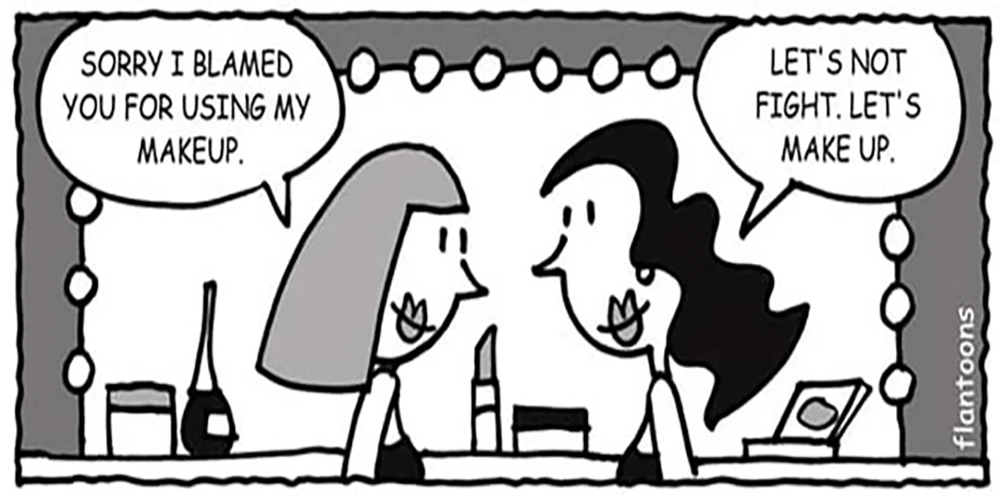Today, I introduced some of commonly used phrasal verbs in the oral English, or more importantly, the IELTS speaking test, instead of the formal verbs. Doing in this way can make your oral language sound more idiomatic and bridge the gap between you and the examiners as you should know. For example, “come across a friend” would be more idiomatic than just “encounter someone”; another case would be “acquire a language” which can be replaced with “pick up a language” in oral English. I listed some of these phrasal verbs with examples which should be kept in mind and on the tip of your tongue. I divided this topic into three posts with ten sample phrasal verbs in each in order not to make the single post too long.
Wash something down
to use fluid to aid the swallowing of food or medicine.
1. We washed some bread down with a glass of milk for breakfast.
2. Molly washed the pills down with a gulp of coffee.
Breeze in
to enter a place quickly, in a happy and carefree manner.
1. She breezed into the conference room and sat down at the head of the table.
2. He just breezed in as if he’d only been away a day instead of ten years.
Conjure up something
to make someone or something appear, seemingly by the use of magic.
1. Jean can conjure up a good meal in half an hour.
2. The magician conjured seven white doves up.
Take up
to enter into (a profession or business).
1. It is necessary for us to take up productive labour.
2. He has taken up gardening.
Read up on
to study or learn by reading.
1. I’ve read up on the dangers of all these drugs.
2. Read up on the places you plan to visit before you travel.
Bear up
to endure cheerfully.
1. She bore up under the enormous strain.
2. How could I have lived on without you to bear me up?
Catch up on
to tell someone the news of someone or something.
1. Oh, please catch me up on what your family is doing.
2. I didn’t buy the magazine last month; I must try to get hold of a back number so that I can catch up on the articles I missed.
Fall behind
to fail to keep up a pace; lag behind.
1. I’ve fallen behind with my correspondence.
2. Don’t fall behind with the rent, or you’ll be evicted.
Hold against someone
to think badly of someone because of some fault or occurrence
1. Even if you are late, I won’t hold it against you.
2. She backed right into his new car, so he’s bound to hold it against her.
Continue reading the rest two parts:

Comments (2)
Thanks for the wonderful post. I really enjoyed reading. Looking forward to using these in my Ielts Test 🙂
Thanks once again for your help!
Thank you for your dropping by, I’m so glad that I can help you with your test.